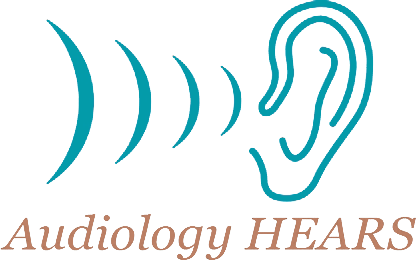Sleep is an important pillar to our overall health. In fact, the National Institute for Health (NIH) reports that healthy sleep is integral to promoting better brain performance, mood, and immunity. When we struggle to get the sleep we need, it can raise the risk of a wide range of chronic health issues ranging from heart disease and stroke to obesity and dementia.
This brings us to what is good sleep hygiene anyway. Most adults need 7 or more hours of good-quality sleep which includes a regular schedule. Good quality sleep is defined by the sleep foundation “by the following characteristics:
- You fall asleep soon after getting into bed, within 30 minutes or less.
- You typically sleep straight through the night, waking up no more than once per night.
- You’re able to sleep the recommended number of hours for your age group
If you are having issues falling or staying asleep, it’s important to explore what could be keeping you up. Are there any distractions that keep you up at night or getting the rest you need during the day? The Center for Disease Control and Prevention (CDC) reports that any sound that is above 70 decibels or more is considered noise pollution and even while you sleep, it could be contributing to increased levels of chronic stress and hypertension. So—does that mean you can hear while you sleep?
The Stages of Sleep
To answer this question as to if we can hear while we sleep, it is first important to understand the many stages of sleep. While we may be less cognizant in some stages in others, we are hearing sounds around us which may even integrate into our subconscious dream life.
The stages of sleep:
- Light sleep – the first stage of sleep as you drift off. You may be half conscious but slowly slipping into sleep. In this stage a sound or distraction in your environment can help pull you out of sleep.
- Deep sleep – Eventually you move to a deeper or slow-wave sleep, and the brain disconnects from stimuli in the world around you. In this stage you are more likely to sleep through noise in your environment as your brain consolidates memories from the day and converts memories into long term memory. You may still have slight awareness of the outside world for emergencies, but it is limited.
- REM sleep – this is the stage in which you start dreaming. REM stands for Rapid Eye Movement sleep, is a time where your brain becomes more active as your muscles generally slump to decrease the risk of you acting out your dreams as you sleep. Despite heightened brain activity people do not process outside sound.
What Do You Hear While Sleeping?
To have a better understanding of what happens to our hearing while we sleep 2016 study determined that during light sleep, you are in fact still processing sounds from the outside world including the words. By using an electroencephalogram
(EEG), the researchers were able to monitor how our brain processes sound as we sleep via electrodes affixed to the scalp.
They found that as you enter a deeper sleep, you stop processing external sounds, but even more fascinating, when you’re in deep sleep, your night’s rest may even erase from memory whatever sounds you heard when you were in light sleep!
They found that as the brain entered REM sleep that while brain activity increased the brains’ reaction to external sounds continued to not respond, meaning that it is much harder to be awoken by sound in this stage.
Our Brains Are Listening While We Sleep
This is fascinating due to past understanding in which scientists theorized that the brain completely shut down during sleep, ignoring anything that is happening in the external world. However, the study found that even in a deep sleep, the brain is still listening for certain sounds such as our children waking in the night or the sound of our name.
These sounds are considered relevant sounds, meaning that the brain will continue to pay attention to these sounds even in the deeper stages of sleep.
Do You Have Hearing Loss?
Now that you know you can still hear while you are sleeping, have you considered the ramifications of an unaddressed hearing loss on your safety and awareness as you sleep? We can test you for hearing loss and come up with solutions that in the event of an emergency, will keep you more aware and safer in your home, even when you are resting. Contact us today to find out more.
